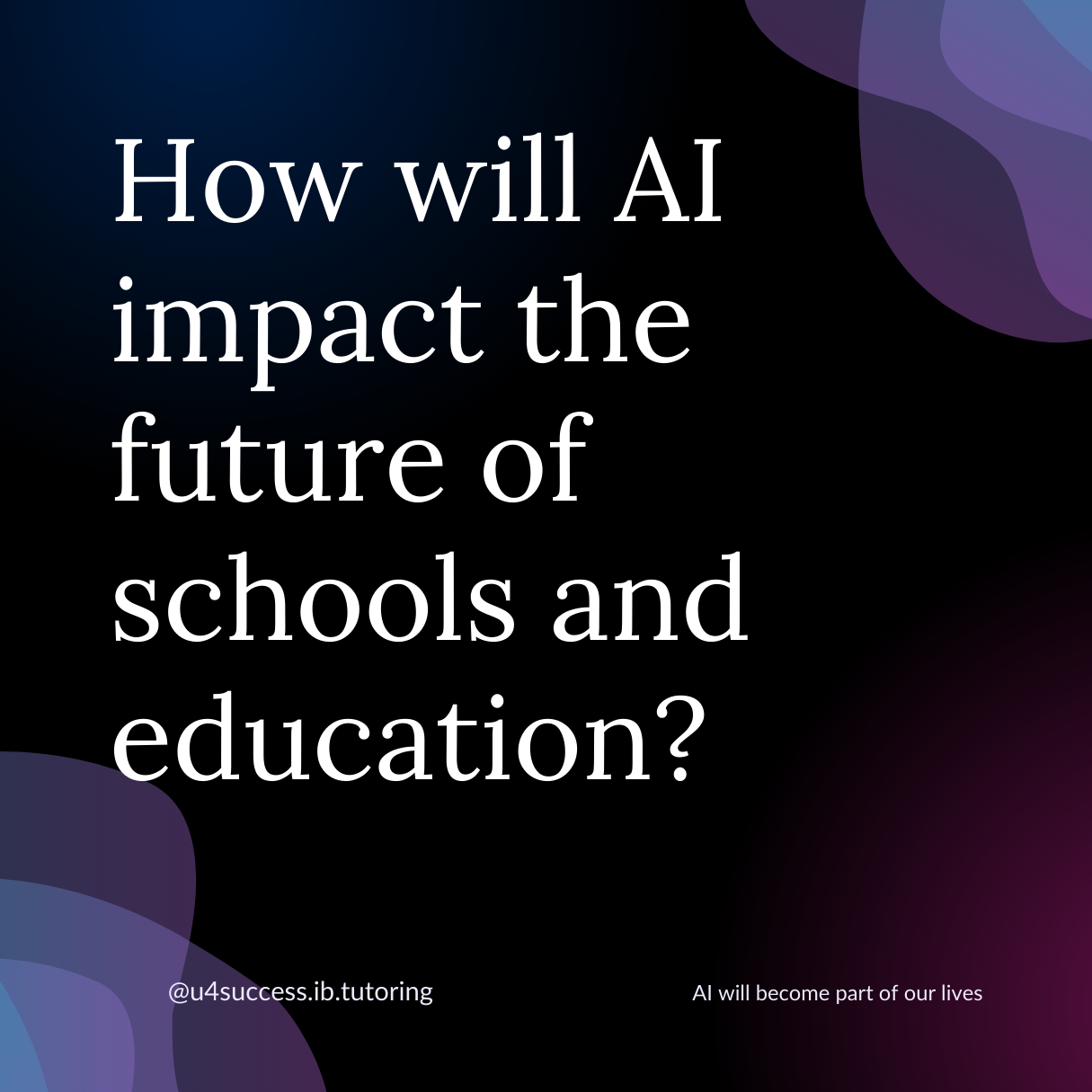The future of AI in schools and education
A peek into the unknown
Written by Anzhelika Tauber, MSc
We have said it before and we will say it again – the future of AI in schools and education is exciting and full of potential. With the rapid advancements in technology, AI has the potential to transform the way students learn and teachers teach. And there is no doubt about it, it will happen sooner than later!
So what are the changes that we can expect in schools in the upcoming years? Here we review some of the most promising expected developments of the AI in the education sphere and what negative and positive effects the integration of the AI in our school systems will have.
Table of Contents
- Introduction: What is CAS?
- Importance of CAS in Education
- Ideas for CAS Projects
- Environmental Sustainability
- Social Engagement
- Arts and Culture
- Sports and Physical Fitness
- Benefits of CAS for Students
- Conclusion
- FAQs

How will AI change the education system and teaching methods?
Undoubtedly, one of the most significant impacts of AI in education is going to be personalized learning. We know perfectly well that each student is unique and has their own learning style and study preferences and it is exceedingly difficult for teachers to adapt to every individual student. Here is where the AI will have a dramatic impact!
AI can analyse student data, identify their strengths and weaknesses, and provide customized learning materials and activities to help students improve. This approach can help ensure that each student receives individualized attention and support, which can be particularly beneficial for students who may struggle in traditional classroom settings.
Development of personalized learning
So how can the AI achieve this?
AI utilizes machine learning algorithms that can process large amounts of data to identify patterns and correlations. As a result, they can provide teachers with invaluable information about what each student needs in order to improve. Here are some examples:
- Learning analytics: Learning analytics is the process of collecting and analysing data from various sources, such as student assessments, classroom activities, and online learning platforms. AI algorithms can be used to process this data and identify patterns and trends that can help teachers understand how students are learning and where they may be struggling.
- Natural Language Processing (NLP): NLP is a branch of AI that focuses on understanding and processing human language. NLP algorithms can be used to analyze student writing and speech to identify areas where they may need additional support or instruction.
- Adaptive learning platforms: Adaptive learning platforms use AI algorithms to analyse student performance data in real-time and adjust the learning content and activities accordingly. These platforms can provide students with personalized learning experiences that are tailored to their strengths and weaknesses.
- Computer vision: Computer vision is the field of AI that focuses on enabling machines to interpret and understand visual data from the world around them. In education, computer vision can be used to analyse student behaviuor and engagement in the classroom to help teachers understand how students are responding to different activities and interventions.
Another area where AI could have a significant impact is in the development of educational content. AI algorithms can analyse vast amounts of data and identify patterns that can help educators create more effective teaching materials. This can include everything from lesson plans to educational games, all tailored to meet the specific needs and interests of individual students.
In addition to personalized learning and content development, AI can also help with administrative tasks such as grading and assessment. This can free up an immense amount of teachers’ time and allow them to focus more on teaching and working with students.
However, such amazing technological developments do not come without its drawbacks and challenges that need to be seriously considered.
What are the negative aspects of the AI integration in schools?
The integration of AI in education raises important ethical and social questions, such as concerns about data privacy, algorithmic bias and loss of essential social and communication skills that students need to succeed in many aspects of life, including their personal and professional relationships. Indeed, the amount of screen time of nowadays students is already of big concern. With the development of AI systems, the need to communicate with teachers and peers will further decrease. Afterall, why do you need to bother about being nice and polite while you can simply ask a chatbot? This is a never-ending dilemma of the usefulness and harm of progress and technology.
Therefore, it’s important for educators and schools to strike a balance between using AI tools and technologies to enhance learning outcomes while also ensuring that students have opportunities for meaningful social interactions and communication. This may involve incorporating a mix of online and offline learning activities, encouraging students to work together in groups, and providing opportunities for students to develop and practice their communication skills in various contexts. The importance of extracurricular activities, such as team sports, orchestras, drama clubs and many others will most certainly soar.
Ultimately, the impact of AI in education on students’ social and communication skills will depend on how it is implemented and used in the classroom. By considering these potential impacts and taking steps to mitigate any negative effects, schools and educators can ensure that AI enhances, rather than detracts from, students’ successful lives.
All in all, the future of AI in education is bright, and we can expect to see more exciting developments and innovations in the years to come. One thing is clear – AI will penetrate our lives and instead of fighting it, we should embrace it and make the most out of it.

About the Author
Anzhelika is a PhD candidate in Genetics and a marketing consultant at U4Success from Vienna, Austria. She leads our website and social media content strategy.
